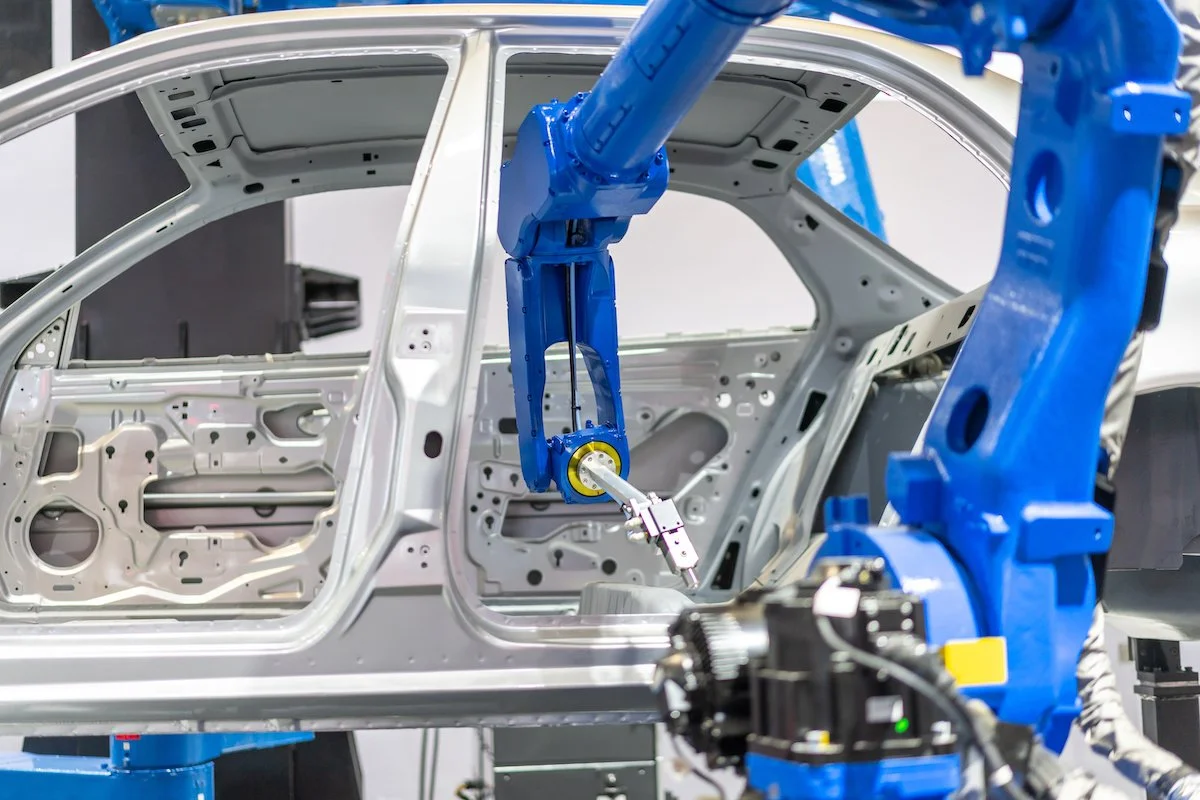Is the Toyota Prius Better for the Environment?
Hybrid vehicles have an impact on the planet just as their combustion engine, gas-consuming relatives do, and the fuel used in a hybrid car is only part of the emissions it generates. Hybrids still use gasoline and manufacturing them uses energy and produces emissions, however considering the lifetime of the vehicle, it will contribute less pollution overall than a conventional vehicle.
Is a Prius Better for the Environment?
A hybrid car like a Prius, can run either independently or simultaneously using its electric motor and combustion engine. The car uses less gas because it shuts off the engine while idling and driving in traffic, and switches to electric power. This means your car will need less fuel, which reduces the amount of money spent refilling your tank and produces less exhaust emissions. However, every gallon of gas burned does contribute to its carbon footprint, and there’s more to the environmental impact of a hybrid car than tailpipe emissions.
About a third of their lifetime emissions come from energy utilized and greenhouse gasses created during manufacturing before the vehicle even reaches the consumer. Compared to conventional cars, hybrid production creates more emissions because of their lithium-ion batteries. However, they are still among the most environmentally friendly car options since they produce fewer emissions in their lifetime, and as technology improves, the pollution from manufacturing will decrease.
In 2011, the Low Carbon Vehicle Partnership published a report noting that electric and hybrid cars require more carbon emissions to manufacture about 8.8 tons, while a typical gasoline-powered car produces around 5.6 tons of carbon dioxide during manufacturing.
Over a similar lifespan and including the manufacturing, a hybrid car will create 18 tons of carbon dioxide, while a gas car creates 24 tons.
A 2021 report from the International Council on Clean Transportation found that from digging up materials to make their batteries to retiring the car, hybrids produce less greenhouse gasses than gas vehicles.
So is driving a Prius really better for the environment? The answer depends on many factors including how much gas powered driving you do, but in general, its carbon footprint will be smaller than a new gasoline powered vehicle after the first three years. As technology continues to improve from more efficient manufacturing processes to less extractive mining techniques and upgraded batteries, you can expect hybrids to continue to be an environmentally friendly choice.
Hybrid and Electric Vehicle Production and Battery Carbon Footprint
In addition to different types of hybrid vehicles, there are also hybrid electric and fully electric cars which can be confusing. The commonality is that all of these types of vehicles use a battery as a part of their power system.
A hybrid is a vehicle that uses both a traditional gasoline engine and an electric motor, sometimes referred to as a Hybrid Electric Vehicle (HEV). In a series hybrid, the gasoline engine charges the car’s battery which powers the electric motor; in a parallel hybrid, the vehicle can receive power from the electric motor, gasoline engine, or both. The Toyota Prius is a series-parallel hybrid, meaning it has a gasoline engine and an electric motor that are separate from one another and can both run on their own.
An electric vehicle, often referred to as EV, uses only electricity for power, and therefore must be plugged into a charging station or a home wall plug to recharge. A popular example is the entire Tesla lineup.
A plug-in hybrid has a gas engine and an electric motor, but also has a charging port. These plug-in hybrids (PHEV) have a larger battery than traditional hybrids, which allows the vehicle to drive further on only electric power before the gas engine kicks in. The Toyota Prius Prime is one example of a PHEV.
Most modern hybrids and electrified vehicles use a lithium-ion battery. Older versions used a nickel-metal hydride battery; both types of batteries use a number of rare-earth metals that can only be mined in certain places in the world. These materials are shipped to multiple refineries and factories worldwide which uses a tremendous amount of energy. Nickel batteries have a much longer life cycle, but are environmentally toxic, while lithium-ion batteries offer high energy efficiency and durability and some of their parts can be recycled.
Hybrids require less maintenance over time because using battery power or electricity part-time decreases wear and tear on an engine, and their batteries can be replaced which extends the life of the vehicle. Despite their initial increased environmental impact due to manufacturing, hybrid cars contribute less pollution overall than a conventional gas powered vehicle, making them an eco-friendly choice for car buyers and users.
Our fleet of vehicles consists of the third generation Prius. Using a car subscription service is also a green choice, because it allows you to use a vehicle only when you need it. If you’d like to learn more about our SimpleCar subscription service give us a call at 833-767-5327 or contact us.

